Note to the Reader: I offered this list three years ago in early 2010, and since then the steps of crisis have advanced. I felt it was time to review and see where we are right now. Today I added a few words of commentary that update things since 2010—these are at the very end of this list. If you want, feel free to skip to the end and read the last paragraph before reading the list. It is amazing how closely we are following this! —Oliver
Part I: The 50 Steps of Crisis Eras
The steps below come in the following general order during the 20-25 years of Crisis Eras in history. This pattern repeats itself every 80 years or so, with the last crisis era occurring between 1922-1945. Within the phases, steps can come in any order. Our current crisis era began on September 11, 2001.
PHASE I
The Pre-Crisis Era (Usually 7-12 Years before the Crisis)
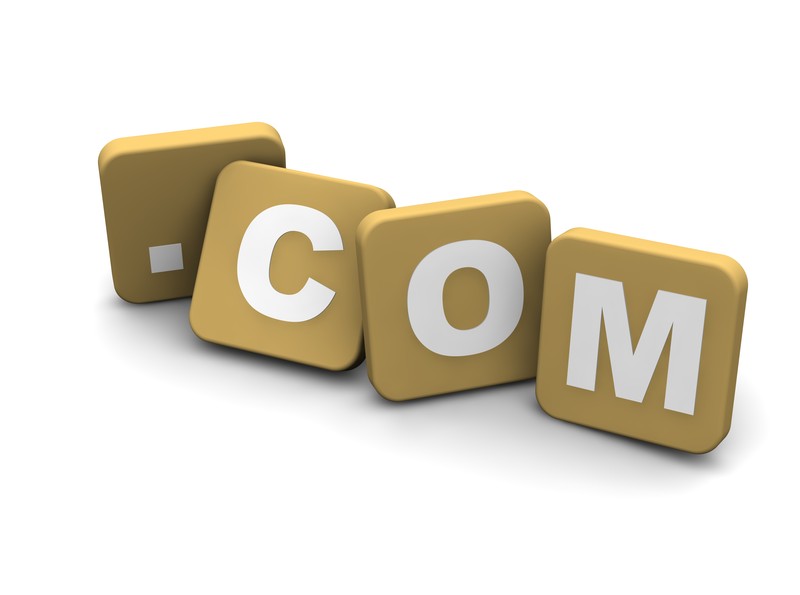 1. Foreign war (e.g. French and Indian, Mexican-American, WWI, Gulf War)
1. Foreign war (e.g. French and Indian, Mexican-American, WWI, Gulf War)
2. Major economic boom (e.g. the roaring twenties, the dot.com nineties boom)
3. Declining morals (both sexual and charitable)
4. Escapist entertainment (novels, the Charleston, the sitcom, etc.)
5. Salesman values are the norm: tolerance, niceness, wealth, etc.
6. Two-party conflict
7. Big institutions lose popular support (e.g. British Parliament 1780s, Congress 1860s, Presidency 1920s, courts 1990s).
PHASE II
The Catalyst and Its Aftermath
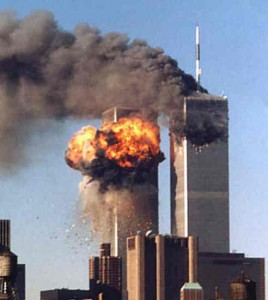 8. Major catalyst event changes everything (e.g. Boston tea party, Election of Lincoln, 1929 stock market crash, 9/11).
8. Major catalyst event changes everything (e.g. Boston tea party, Election of Lincoln, 1929 stock market crash, 9/11).
9. Society gears up for crisis, but nothing happens yet.
10. Return to seeming normalcy, but growing fear and mistrust.
11. Gold (and in modern times steel and oil) prices soar.
12. Realist entertainment
13. Growing racial and religious intolerance
14. Business failures and buy outs
15. Increased regulation of business
16. Many foreign conflicts
17. Many government scandals
18. Widely increased stress and health problems across the nation
19. Economic downturn — looks bad but bounces back for a while
20. Entrepreneurial values begin spreading: ingenuity, self-reliance, confidence
PHASE III
The Escalating Crisis (Steps 21-28 can occur in any order and at any point before step 35, but they do occur at some point during crisis eras.)
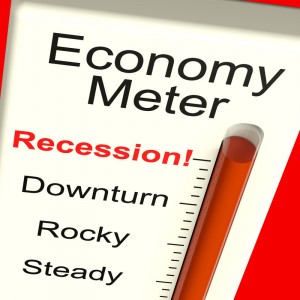 21. Big crisis event! (war, pandemic, natural disaster, depression, etc.)
21. Big crisis event! (war, pandemic, natural disaster, depression, etc.)
22. All society’s problems suddenly combined into 1 big problem!
23. It feels like our civilization itself is at stake (it is!)
24. Statesmen either choose pessimism, fear, worry about the future, or they choose optimism and planning for after the crisis.
25. Major economic downturn, often at depression levels.
26. Major war begins.
27. One political party takes charge (for next decade or more).
28. Leaders either hunker down and try to survive the crisis, or they study hard, research deep, start or build businesses to fund freedom, and figure out answers for when the crisis is over.
29. Emphasis off rights and on duties (draft, tax hikes, censorship of media, etc.)
30. Customized becomes Mass (fewer brands at store, one or two office pay-scales and benefits package, etc.)
31. Leaders either focus on self survival or they write, teach, publish and spread ideas of freedom for after the crisis.
32. Warrior values dominate society: courage, strength, resiliency.
33. Every family sacrifices greatly.
34. Religious observance soars.
PHASE IV
The Turnaround (This is where things take a shift toward positive!)
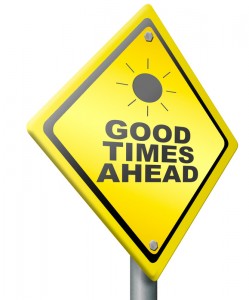 35. Health increases, stress and anxiety decrease.
35. Health increases, stress and anxiety decrease.
36. Greatness returns, because there is no other choice: greatness in homes, communities, nations, business, politics.
37. Leaders either trust that the government will just handle things after the crisis or they continue studying, teaching, writing and spreading the ideas that need to be adopted when the crisis ends.
38. The splintering, complexity and cynicism of the past 40 years turns to cooperation, spirituality and optimism. Happiness increases. (e.g. the number of people who considered themselves very happy decreased 60% from 1957 to 2007. 60%!).
39. Crisis ends! Everyone celebrates.
40. Masses go home, ignore societal progress and get back to life.
PHASE V
The Post-Crisis Era—Major Changes (Typically 0-12 Years After Crisis)
41. Leaders establish a new set of economic rules (with a mixture of regulation and free enterprise and a bias toward one of these).
42. Leaders establish a new culture (with government, corporations or family as the central institution).
 43. Leaders establish a new social contract (with a mixture of government and private institutions such as schools, health care, insurance, technology, arts, etc.).
43. Leaders establish a new social contract (with a mixture of government and private institutions such as schools, health care, insurance, technology, arts, etc.).
44. Leaders establish a new society (with decisions on the accepted mixtures of morals, pleasures and duties).
45. Leaders establish a new ideal view of rights (with mixtures of inalienable, civil and human rights).
46. Leaders establish a new definition of family.
47. Leaders define a new class (or classless) system.
48. Leaders establish new boundaries, allies and treaties.
49. Leaders establish new constitutional models and legal codes to embody steps 41-48 above.
[These choices can go very good for freedom, prosperity and happiness, or very poorly for these. It is up to the citizens and statesmen who influence and impact these decisions. While the decisions are made during the early post-crisis era, the leaders are prepared and the ideas promoted during the 20-25 year period of crisis.]
What’s next? Well, it could go either of two ways:
50a. If leaders are effective in their studying, learning and spreading freedom and free enterprise ideas during the crisis era, the society adopts free enterprise, family-centered culture. moral-based society, inalienable and equal civil and human rights, strong family values, no class or caste system, and a freedom-based form of constitution.
50b. If leaders aren’t effective in their studying, learning and spreading the principles of freedom during the crisis era and early post-crisis era, society adopts lots of regulation, governmental and corporate controls over the people, pleasure-based society, a loss of rights, aristocratic class systems and laws, and a force-based government.
Part II: Comments by Oliver DeMille
March, 2010
Almost a decade ago, 9/11 created event 8, and we watched events 9-13 occur during the Bush Administration. Then, since the major economic crisis and the election of President Obama we have watched events 14-18 occur.
This is happening very quickly. With the Health Care law, we will likely see 14-18 accelerate in the next couple of years before we have a chance to reverse things in a presidential election. The election will probably determine whether or not we progress quickly or slowly toward major crises.
January, 2013
We have witnessed a significant increase of events 14-18 since March 2010, and after the midterm elections of 2010 and huge gains by Republicans in the House of Representatives, we saw event 19 occur. In fact, it was strong enough that the nation re-elected President Obama in 2012.
After the election, we began witnessing event 20, partly as numerous businesses shut down to use resources in other ways or restructured in the face of increasing regulations, and also as a number of entrepreneurs saw the decline of free enterprise and got even more serious about growing their businesses—regardless of what government does.
We will see event 20 increase in 2013, and events 21-25 sometime very soon—likely before the 2016 election. Whether 21 or 25 will come first remains to be seen.
Are you ready for a current events master class?
Click the image for information on Oliver DeMille’s upcoming six-week seminar.
Early bird registration ends 1/17/13; class begins 1/22/13
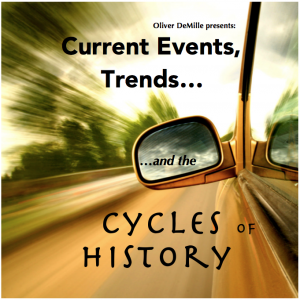






Thanks Oliver, for publishing this again, and for the update. I’ve shared it across my network.
I wish I could afford your 6-week course, but still recovering financially from a set-back during the downturn. Cash is precious right now.
Heman Smith
801-831-2898